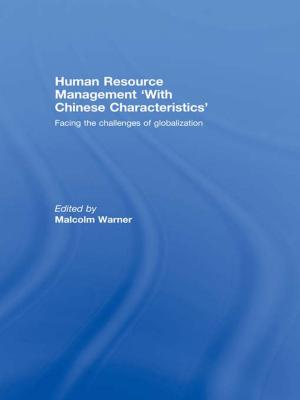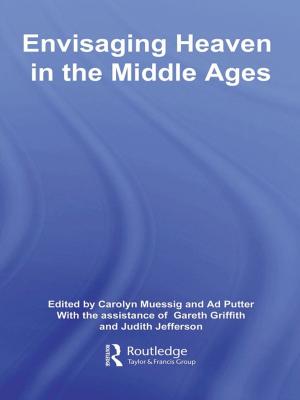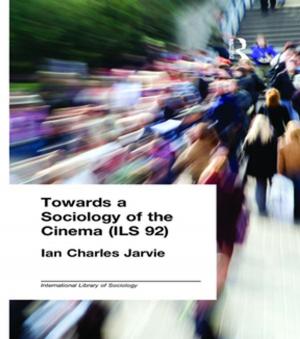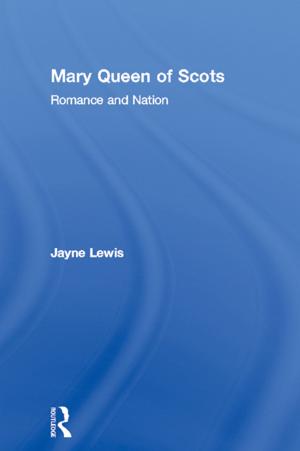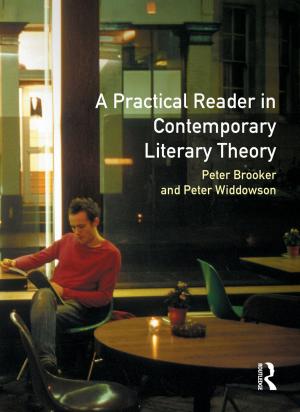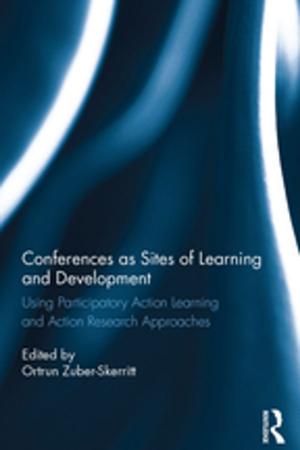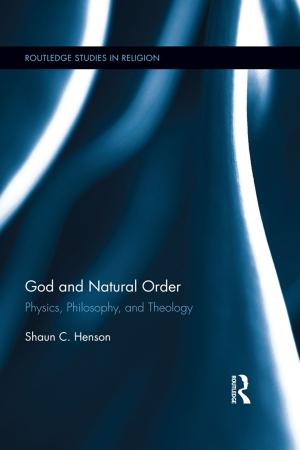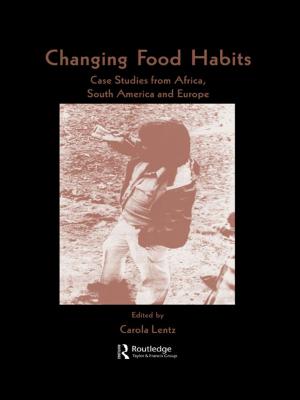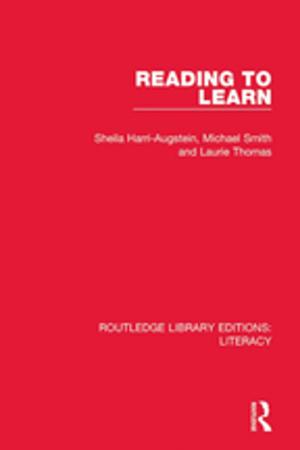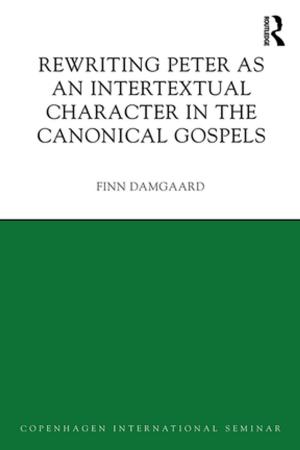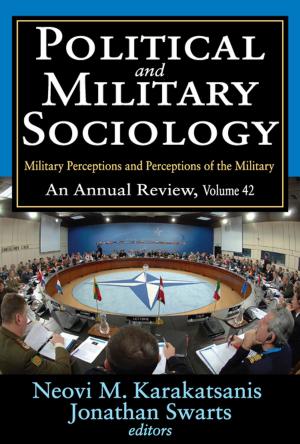| Author: | Martin Camargo | ISBN: | 9781351219365 |
| Publisher: | Taylor and Francis | Publication: | February 6, 2018 |
| Imprint: | Routledge | Language: | English |
| Author: | Martin Camargo |
| ISBN: | 9781351219365 |
| Publisher: | Taylor and Francis |
| Publication: | February 6, 2018 |
| Imprint: | Routledge |
| Language: | English |
Originally published between 1981 and 2003, the thirteen essays collected here cover topics in medieval rhetoric from its origins in late antiquity through the end of the Middle Ages. Most of the essays are concerned with the teaching of prose composition, especially the art of letter writing known as the ars dictaminis, and many of them focus on specific textbooks that were used for such instruction, in particular those composed in England from the twelfth through the fifteenth centuries. Individual essays are devoted to works by major figures such as Saint Augustine, Peter of Blois, and Geoffrey of Vinsauf; to teaching programmes at important academic centres such as Oxford and Bologna; and to such topics as the relationship between the art of letter writing and the art of poetry, the oral dimension of medieval epistolography, the manuscript traditions of influential textbooks, medieval genre terminology, and the position of medieval rhetoric within a continuous disciplinary history rooted in classical rhetoric.
Originally published between 1981 and 2003, the thirteen essays collected here cover topics in medieval rhetoric from its origins in late antiquity through the end of the Middle Ages. Most of the essays are concerned with the teaching of prose composition, especially the art of letter writing known as the ars dictaminis, and many of them focus on specific textbooks that were used for such instruction, in particular those composed in England from the twelfth through the fifteenth centuries. Individual essays are devoted to works by major figures such as Saint Augustine, Peter of Blois, and Geoffrey of Vinsauf; to teaching programmes at important academic centres such as Oxford and Bologna; and to such topics as the relationship between the art of letter writing and the art of poetry, the oral dimension of medieval epistolography, the manuscript traditions of influential textbooks, medieval genre terminology, and the position of medieval rhetoric within a continuous disciplinary history rooted in classical rhetoric.

